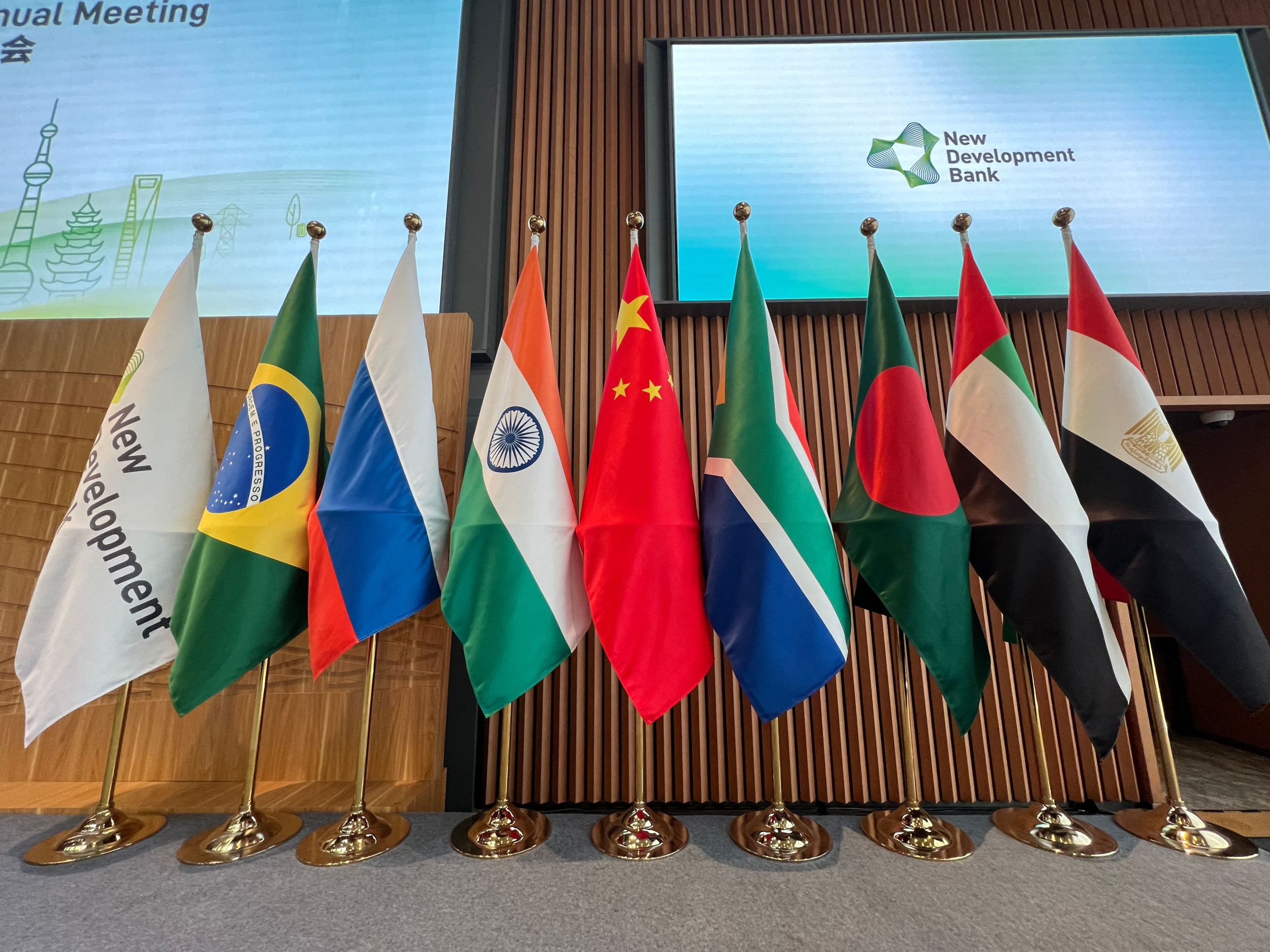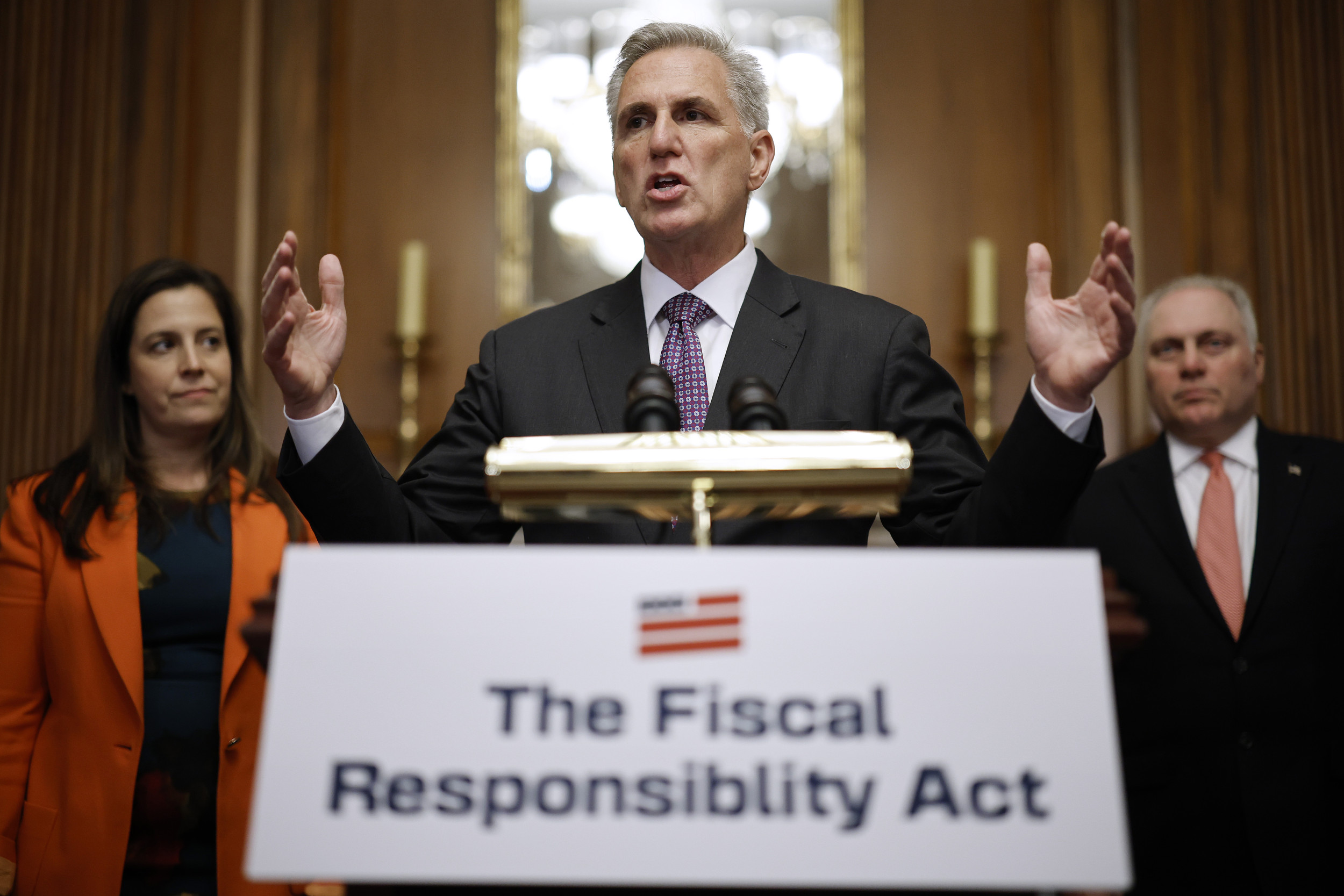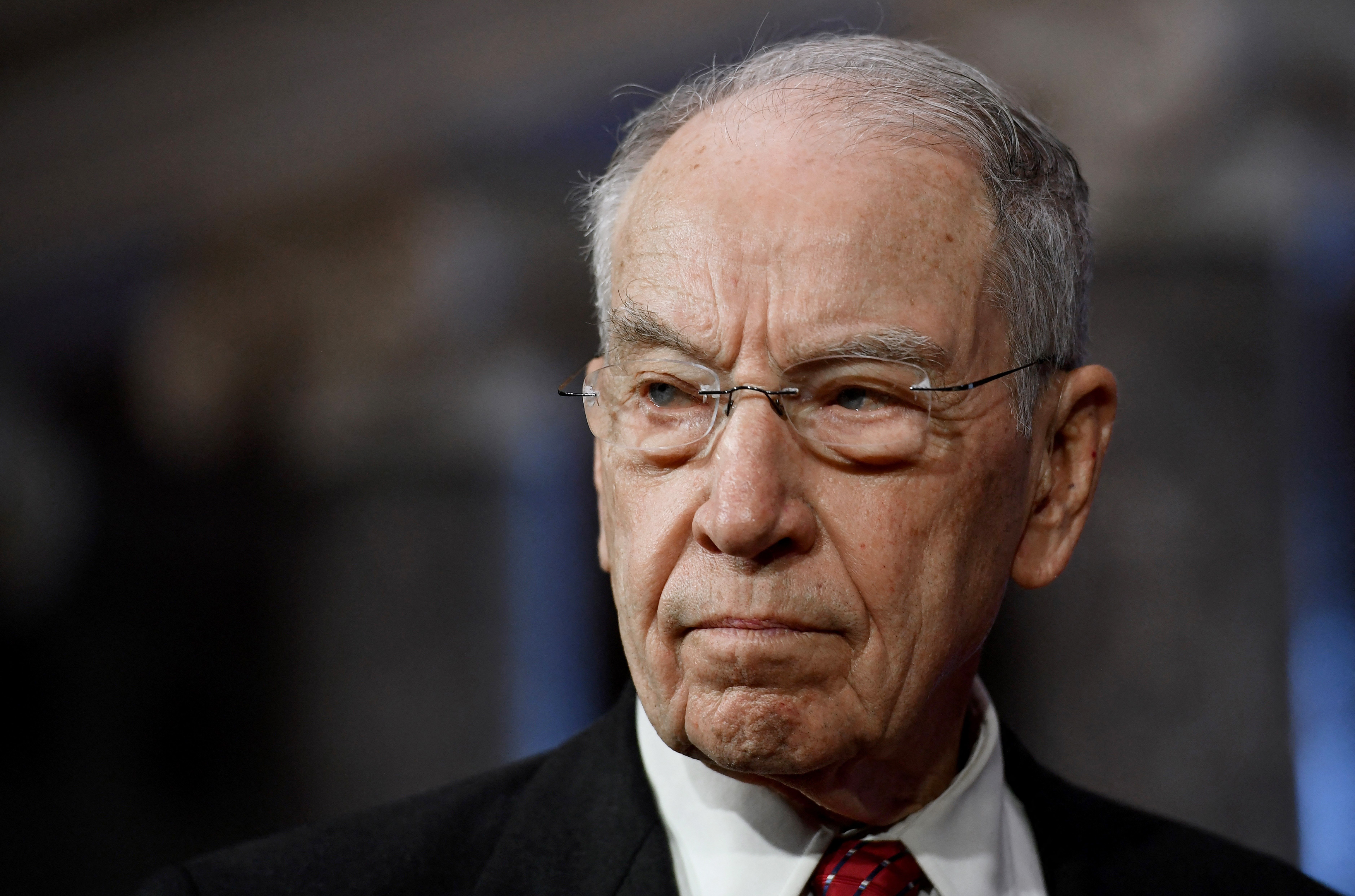Excessive Regulation on NGOs Amid Crises Cost Lives | Opinion
The end of the COVID-19 National Emergency Declaration on May 11 marked a potent milestone in the battle against that crippling pandemic. At this important moment we should all reflect on the vital lessons learned, so that we'll be prepared for the next global crisis. There are changes desperately needed if we are to mitigate disasters more effectively in future.
Despite the federal government's robust reach, response to this pandemic in its earliest months was chaotic and woefully inadequate. Each city and state operated differently and shared no standardization of operating procedures. Amidst the chaos, our organization, Community Organized Relief Effort (CORE), was decisive. In real time we documented our effective procedures, formatted them into manuals and shared those manuals with the public. It was our intention to encourage other community groups and NGOs to use what we had learned on a larger scale.
Partnering with the city of Los Angeles in the development and expansion of what became the largest testing and vaccination site in the world—at Dodger Stadium—we quickly attracted other like-minded organizations that would be essential force multipliers to our joint programs. In all, our coalition administered more than 7 million tests and delivered over 3 million vaccines. CORE helped fill gaps in aid and resources across the nation when government and health care professionals were overwhelmed.

CORE also continually analyzed the risks and benefits both to beneficiaries and staff. Lessons learned from our experience with the 82nd Airborne Division humanitarian mission in Haiti following the 2010 earthquake were formative. Our approach was to rapidly assess, act, and adapt. We saw that this was in great contrast to what traditional organizations were doing, being overly cautious and failing to take action. Overwhelmingly, CORE's experience has taught us that striving for perfection amid chaos and trembling at liability have crippling consequences: people die.
Governments know this well. Early in the pandemic, Congress reduced the risks for drug companies at every step, covering the costs of preclinical studies, assuming the risk of human trials, stepping in for capacity and material shortages, and absorbing market risks through advanced purchase commitments. The National Guard and California state employees operated testing and vaccination sites that were exempt from many Occupational Safety and Health Administration (OSHA), wage and hour, and Private Attorneys General Act (PAGA) regulations.
However, while CORE respects the need for employee protections, at no point were crisis relief organizations like CORE offered any common-sense exemptions, nor reasonable adjustments from standard government regulations—despite the work our teams were doing on the front lines. Instead, regulations designed for non-emergencies were blindly enforced by government agencies on nonprofits. As a result, CORE has faced fines, fees, and court costs that defy logic.
On one occasion, CORE leadership provided all staff with N95 face masks to ensure maximum protection to our front-line workers. CORE was cited with a Cal OSHA violation because our team did not fit test our workers—something that no health organization did because the supply of N95 masks was insufficient to provide exact-fitting masks. The violation cost CORE thousands of dollars in fines.
On another occasion, the National Labor Relations Board filed a complaint against CORE claiming that a letter sent to CORE employees included an "implied threat" and hence, an "unfair labor practice." Last month, after two years of litigation, a Judge recommended the dismissal of the complaint, holding that any objective reader of the letter would conclude that it was not an unlawful "threat," but rather a "rallying cry" sent to inspire staff at the height of the pandemic.
Despite exonerations in court, the frivolity of these allegations and complaints linger as damaging attacks to our organization's reputation. This threatens donorship and compromises our ongoing humanitarian efforts around the world. Further, it detracts from a healthy discourse about crisis response reform.
The pandemic has taught us many valuable lessons and highlighted the need for better preparation for future public health crises. CORE stepped in when many wouldn't and didn't, and in doing so, took an existential risk that could have led to bankruptcy or worse. Still, CORE and other crisis relief organizations are ready to answer the call again to deliver relief to underserved communities—but federal and state agencies must offer reasonable exemptions to organizations like ours from protocols and procedures created for non-emergency periods, in the same way they do our governmental partners in times of emergency.
We will see another major crisis in our lifetimes and no single entity will be able to tackle it alone—so let's learn from the lessons of COVID-19 pandemic and work together to build a strong network that can efficiently and effectively save lives.
Sean Penn is the founder of CORE (Community Organized Relief Effort), an actor, filmmaker and writer.
Ken Keen is a retired lieutenant general of the U.S. Army, former deputy commander of U.S. Southern Command, is currently an associate dean at Emory University Goizueta Business School, and resides on CORE's board of directors.
The views expressed in this article are the writers' own.








